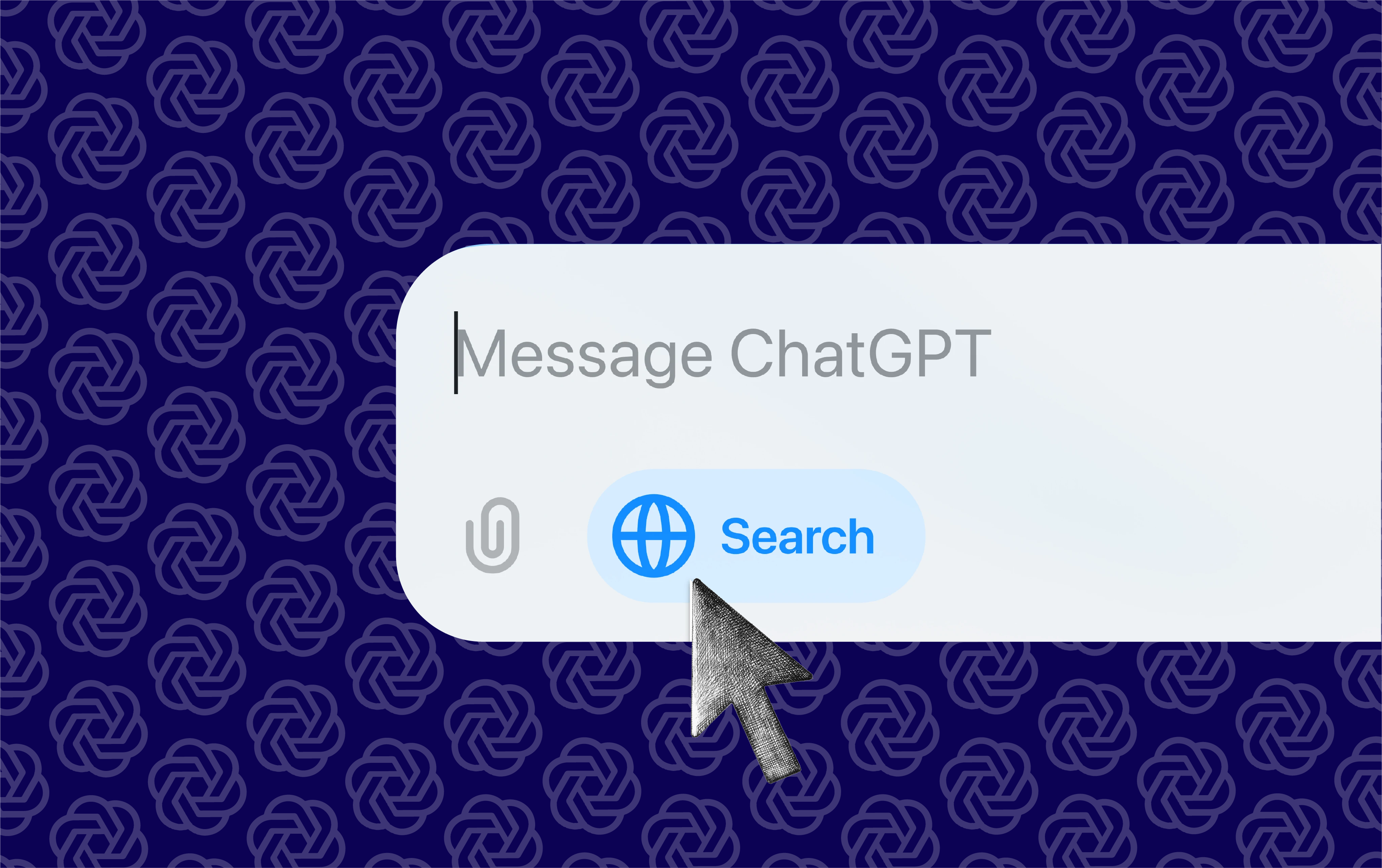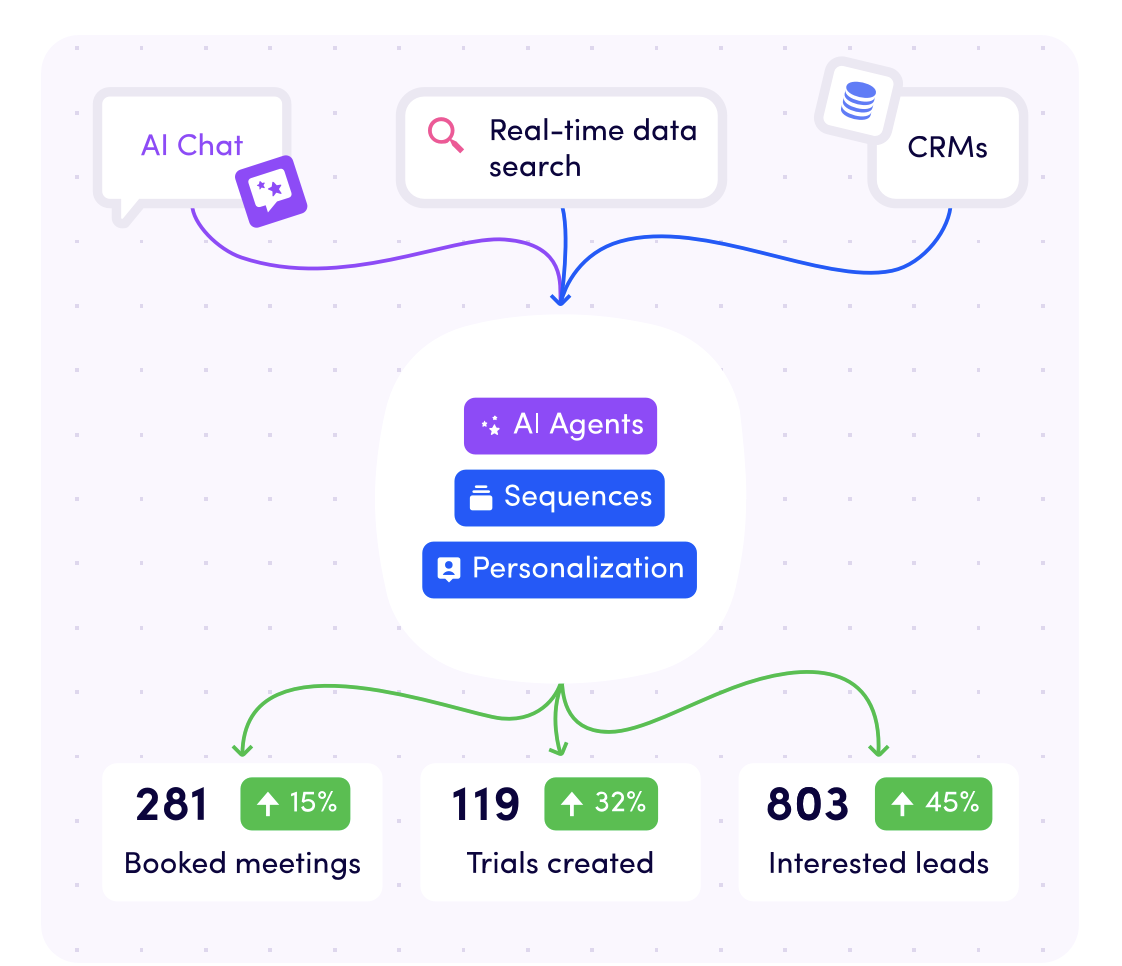Most of us are familiar with the Tedx events around the world. They grant experts in any field the opportunity to speak in front of an audience for 20 minutes about a subject of their choice.
Events like these create buzz, interest, and more often than not, a dialogue.
Can you imagine the amount of promotion happening around such an event? The processes you’ll need to go through?
You’ll most likely be working on similar events such as trade shows for B2B brands, Zoom conferences, launch parties, and workshops.
Whether that is a Tedx event or the sale of a new toothbrush at a dental expo, there are a lot of gears grinding away behind the scenes to market an event properly.
In the following nine steps, we’ll show you how to become awesome at event marketing. And remember, you are you.
There’s not a single ‘right’ way. Every brand is unique in its own way. Use these steps as guidelines rather than gospel and you’ll be the next top-tier event marketer in your field.
JUMP TO SECTION
1. What’s the budget and schedule?
2. Define the goals and theme
3. Do your research: know your event and your stakeholders
4. Get your elevator pitch ready
5. Build a landing page
6. Know your touchpoints
7. Promotion: before, during, and after
8. Get comfortable with metrics
9. Reflect and learn
10. FAQs
What’s the budget and schedule?
Before you start with anything related to event marketing, get to know the budget and the schedule inside and out.

Know what your limitations are and when things have to be done.
Know what your limitations are and when things have to be done. Remember that many things, especially for trade shows, have to be strategised, designed, ordered, and placed.
You’ll also have to keep the budget in mind so you don’t end up with one fancy looking table but an empty stand because there was no money left.
Similarly in Zoom conferences, make sure that you don’t mess up the time zones. You do not want your prospects to arrive too early or too late!
Pro tips:
- Work in Excel or Google Sheets to keep track of expenses. Also, create a timetable using the Gantt chart format in software like ClickUp for example.
- Make sure that the design and copy are signed off by multiple people. One tiny mistake can turn into five hundred tiny mistakes when it’s printed in bulk.
- Have your attendees sign up using a tool like Google Calendar or Calendly so the time zones are adjusted to each person automatically. This avoids confusion from the get-go.

Define the goals and theme
What do you want to achieve with event marketing? Ask yourself and your team this question.
Define the ‘why’.
You can run an event for many reasons, but most of the time this will be to build community, get leads, create brand awareness, increase customer engagement, boost recruitment, start partnerships, or simply educate others.
Make sure that you have your goals crystal clear before you start producing and promoting.
According to the folks at Splashthat, these are the four core questions you need ask:
- Why are you throwing an event?
- Who is your audience?
- What do you need to meet your goals?
- How will you measure success?
Knowing the marketing funnel is paramount to successful event marketing.
As soon as you know whether your prospects are in the awareness stage or the consideration stage makes a huge difference. It influences the type of marketing you do and the messages you create.

Do your research: know your event and your stakeholders
You're most likely thinking about the creation phase of an event right now. But don’t forget the basics: where will the event be held?
This will most likely be an important question for your team as well as your future prospects.
If there are keynote speakers or networking opportunities, start scheduling these in. Timing is everything during a major event and it’s not going to run itself.
Use the data you have from other marketing campaigns to define your audience and deliver on their needs.

You have to know your target group before you can start talking about how this event will better their lives.
Get your elevator pitch ready
To use as little real estate as possible, especially with printed material. Know how to describe your event within a few seconds.
Imagine you’re standing in an elevator with several prospects. You’re both going to the 10th floor and it will take like 60 seconds (it’s a slow elevator, okay?).
You will have to describe your event to someone without any knowledge of it and convince them to go. If you can do this, you can market more effectively. You have a very limited time to convince people. Use it well.
By harnessing the power of the elevator pitch, you can also guarantee that your team has a unified event marketing message.
Check out this guide by The Balance on how to construct the best elevator pitch possible.
Build a landing page
You’ll need a place where people can sign up and enter the marketing funnel.
A landing page is a perfect example of creating such a place. This allows you to collect demographic and psychographic data, collect emails, and you’ll be able to predict the amount of people attending the event.
With event marketing, having a strong landing page is key to a successful event marketing campaign.
You want to be able to contact your prospects before, during, and after the event with promotional material. Perhaps you simply want to get to know them better.
I can hear you mumbling, “But how do I create a successful landing page?”. Here’s a crash course in landing page creation:
- Have a strong headline with a subtitle that grabs attention. You don’t have to be clever, just make it clear to the visitor.
- Define the unique selling proposition of the event and why your prospects should attend.
- Showcase the problem or annoyance your prospect might have, make it relatable.
- Hook into the solution to this problem and show the benefits it will get them.
- Add in some social proof from case studies, reviews, or testimonials.
- Close with a powerful CTA that gets the sign-ups you need.

Know your touch points
It’s important to know the participant journey of your prospects.
Where and when are they going to see something related to your brand? When do you have opportunities to impress them? Map these out. Use Post-it notes to visualise the following touchpoints in the process:
Main touchpoints
- Event website
- Registration process
- Exhibitor brochure
- Direct invitation
- Suggestion from an influencer
- Exploring that smart badges will be employed at the event
- Event program and content
- Sponsorship pitch
- Personalised metrics tailored for how a participant was engaged
Secondary touchpoints
- Response time to a query sent via email
- Learning that a competitor is exhibiting at the event
- Interactions via social networks
- Greetings on arrival at the event
- How rapidly the follow-up is after the event
To maximise the return on these touch points, you can use different strategies.
Set up an email sequence for those who sign up for the event and excite them with what’s about to happen.
You can also go live on social media and start collecting frequently asked questions or prepare for what your prospects hope to see and do during your event.
If it’s a trade show, try distributing flyers or creating billboard ads. But again, keep the scope and the budget in mind.
Promotion: before, during, and after
We notice many brands that start an event completely forget about promotion before the event actually happens. This leads to low attendance and wasted marketing budget. Event marketing is all about reaching interested parties.
When you’re still designing the landing page, start a series of posts on LinkedIn for example.

We notice many brands that start an event completely forget about promotion before the event actually happens.
Talk about the things included in the event, get people excited for what’s to come, or even gauge what they hope to see so you can adjust such things in time.
This is why it’s so important that event marketing begins as soon as possible, hopefully even months before the actual event starts!
Even after the event has ended, promote the results of the event. Publish testimonials or initial responses, share the recording with those who couldn’t attend, and perhaps already inform everyone about a follow-up event.
Promotion before the event marketing campaign
- Start with social media content and post about what the event will be about
- Run A/B ads to see what works well
- Collect interested prospected within a created community platform such as Slack to get conversations going in advance
Promotion during the event marketing campaign
- Direct prospects to a landing page to gather signups
- Collect data such as their name, email address, and company name
- Run more targeted Google and social ads
Promotion after the event marketing campaign
- You’ve held a successful event - good for you!
- Now is the time to brag about it on social media
- Share testimonials from attendees
- Email them the recording of a digital event if possible
- Share information about a follow-up event or a new event next year
Get comfortable with metrics
Have your KPIs ready when it comes to metrics. Know what constitutes successful event marketing in your company. Signups don’t necessarily have to be a measurement for success.
You can also measure the success of an event by the amount of flyers you handed out during a trade show, or by how many people became aware of your brand. A purchase might not always be the end goal for each event.

Know what constitutes successful event marketing in your company
We know from experience that some events simply hope to get your email so those brands can stay in touch with you. According to Adobe, these are some important KPIs for you to use during event marketing:
Event metrics
- Number of registrations
- Reach on social media
- Social media engagement
- Mentions in online media
- Attributed website visits
Reflect and learn
Many fresh brands start an event fuelled by enthusiasm and hope only to see that they have little to no registrations.
Even if your Zoom event has only two people attending, give them the best experience possible. Use this moment to practice. What you get in the end is invaluable data you can use to streamline your next event.
That’s all there is to event marketing; it’s either a success or you simply learn from it. There are no bad events.
If you’re interested in learning more about marketing as a whole, we offer a series of courses that can jumpstart your marketing career - or perhaps make you even better at it. Perhaps we’ll attend one of your events in the future!
FAQs
What are examples of event marketing?
Event marketing is all about throwing amazing gatherings that showcase your brand. Think product launches, conferences, trade shows, concerts, and sports events. Even quirky happenings like flash mobs or pop-up shops can make a splash. Just make sure to create a buzz, engage attendees, and measure the impact. Ready to rock the event scene?
What are the 5 P's of event marketing?
The 5 P's of event marketing are Product, Price, Promotion, Place, and People. Product refers to the event itself, Price to the cost of attending, Promotion to marketing and advertising, Place to the venue, and People to the attendees and target audience.
Why choose event marketing?
Event marketing can create a unique and memorable experience for potential customers, increase brand awareness, and foster a sense of community. It can also provide an opportunity to engage with customers face-to-face, gather valuable feedback, and generate leads. Additionally, events can help establish a brand as a thought leader and showcase its products or services in a more dynamic and engaging way.



















